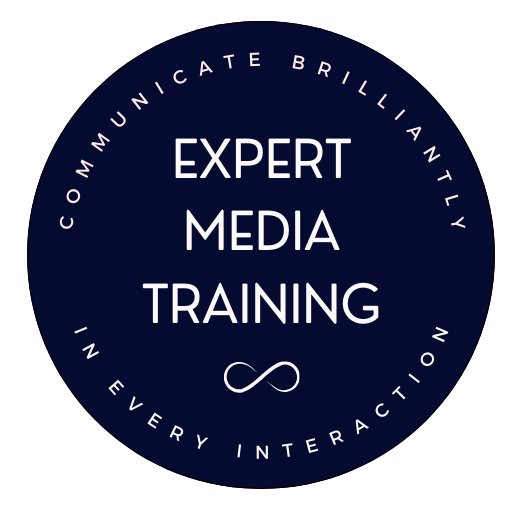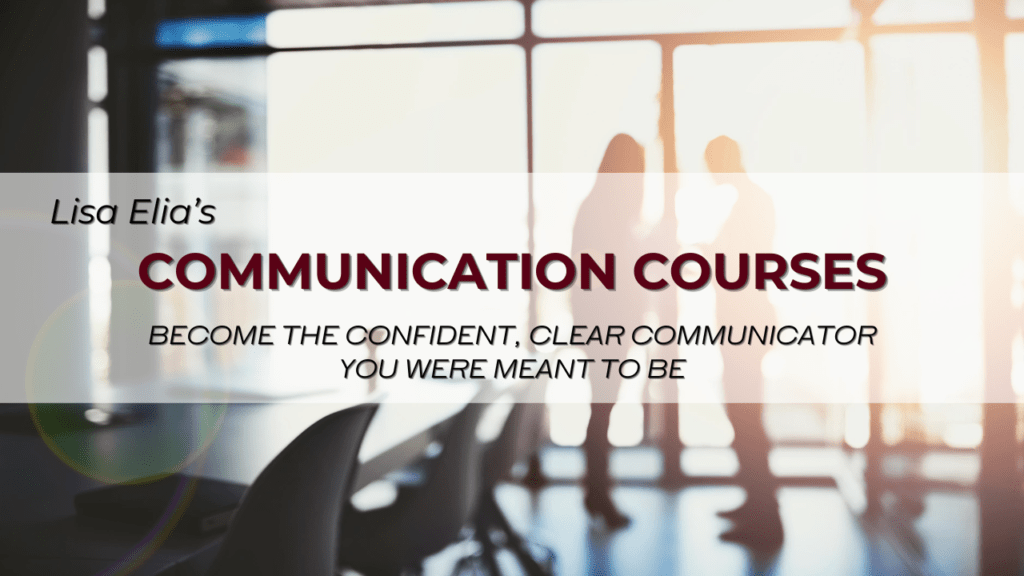
How to Be a Great Interviewer or Moderator
At some point, you may find yourself in the position of interviewing people or moderating panels. If you’re not prepared for this, you can feel out of your depths.
Recently, when I moderated a panel at “Expressions of Peace,” a wonderful event that our client PeaceNow held, several people asked me how I prepared. Admittedly, I’ve been interviewing people since I was in journalism classes when I was 19 years old, and I have continued to refine my process over the years. Here are some tips on how to be a great interviewer or moderator.
How to Be a Great Interviewer or Moderator
1. If you want to learn how to be a great interviewer, watch great interviewers, like Lester Holt, Oprah Winfrey, and Anderson Cooper. Pay attention to their timing and rhythm, and note how much research they have done to prepare prior to an interview. Study people who do both well.
2. Do your research. Take the time to research the topics to be discussed and the people you will be interviewing/moderating. Read up on current events so you can tie them into the discussion when appropriate. When you have done your research, you will be better able to quickly formulate questions and effectively lead the interview or panel discussion.
3. Practice encapsulating others’ rambling speeches. A good interviewer or moderator can sum up what was said on the spot. While some people are naturally more adept at this than others, this skill can be improved with practice.
4. Write out some questions you plan to ask during the interview or panel discussion. It’s good to have more questions than you will need to fill the time, and then to put them in order of priority, so you ask the juiciest, most interesting questions at the beginning, middle, and end of the interview or discussion. You want to lead people on a journey and keep them engaged.
5. Develop a preparation ritual to relax and center yourself before you begin your interview or panel discussion. No amount of research or knowledge will help you if you get so nervous that your body goes into a “fight-or-flight” response and you forget what you’re saying. Having a ritual to help you control your breathing, relax your body and focus your thoughts will help you to center yourself so you can be more fully present and enjoy the moment.
6. Control the audience. If you open the floor to an audience Q&A, know that there will be some people who want to take the opportunity to promote their agendas, rather than contribute to a discussion. Be sure to bring the conversation back to the topic that the panel is discussing. You may have to politely cut someone off, but it can be done with grace. Other articles that include tips that may interest anyone who wants to know how to be a great interviewer or moderator are provided here:
6 Tips for Effective Presentations
https://expertmediatraining.com/how-to-prepare-for-presentations/
Media Training Resources (communication studies and useful links)
https://expertmediatraining.com/media-training-resources/
Body Language in Interviews and Meetings
https://expertmediatraining.com/body-language-in-interviews-and-meetings/
How to Ace Every Presentation
https://expertmediatraining.com/ace-every-presentation/
Individual or group training inquiries should be directed to team@expertmediatraining.com or 310-479-0217.
To download our free Media Interview Guide and other tools, click here.
To check out our online courses, click here.
For a complimentary consultation to discuss private training for yourself or your team, click here.

This post was written by Lisa Elia, a media trainer, presentation trainer, pitch coach, communication expert, and speaker. She trains clients around the world for media interviews, speeches, internal and external presentations, panels, investor presentations, and promotional videos, and provides executive and team communication coaching.
With more than 25 years of experience, Lisa has prepared clients for interviews with TODAY, GMA, The Wall Street Journal, CNN, ESPN, and hundreds of other outlets. Lisa has shared her expertise with national media outlets that include Inc., Entertainment Tonight, E!, and many others. Clients include entrepreneurs, Fortune 500 companies, and everything in between as well as athletes, celebrities, and other public figures.



